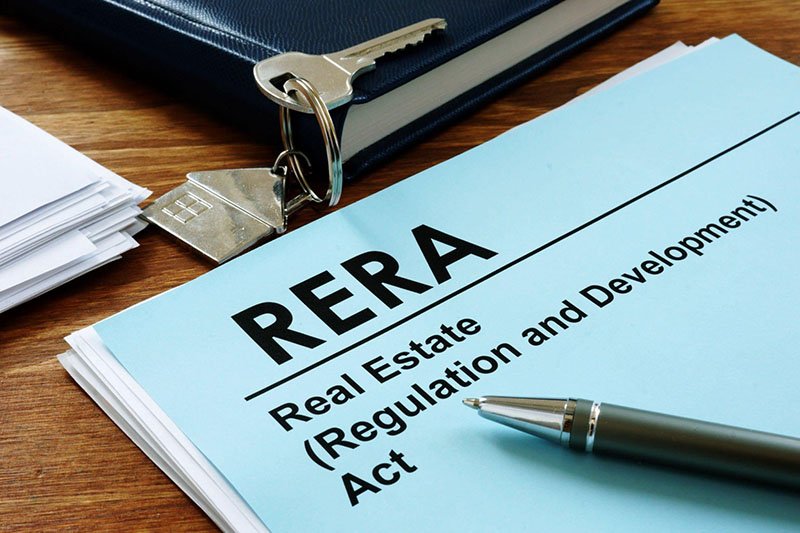Importance of Khata
While Khata is not an ownership document like a Sale Deed, Gift Deed, or Release Deed, it is essential for various administrative purposes:
- Property Tax Payment: It records property tax information and confirms that property taxes are being paid.
- Building Permissions: A valid Khata is often required to obtain building permissions or loans.
- Property Transfer: It is mandatory to apply for Khata transfer within 90 days of any property transaction, as stipulated under Section 114 of the Karnataka Municipal Corporation Act, 1976.
Types of Khatas
‘A’ Khata
- Definition: Issued for properties that comply with all government regulations and have the necessary approvals.
- Documents Included:
- Khata Endorsement: Provided during the transfer of Khata.
- Khata Certificate: Confirms that the property tax records are in the name of the current owner.
- Khata Extract: Contains detailed property information including the owner’s name, property identification, Khata number, PID (Property Identification Number), property dimensions, usage, valuation, and assessed tax.
‘B’ Khata
- Definition: Issued for properties that are irregular, unauthorized, or developed in violation of government regulations.
- Characteristics:
- No Khata Certificate or PID is provided.
- The BBMP maintains only an extract from the ‘B’ Property register.
- No development permissions (such as building permits) are granted for ‘B’ Khata properties.
Other Types of Khatas
- BDA Khata: Issued by the Bangalore Development Authority for properties under its jurisdiction.
- CMC/TMC Khata: Issued by City Municipal Corporations or Town Municipal Corporations.
- Grama Panchayat Khata: Issued for properties in rural areas.
- For Regular Properties: Properties that comply with local regulations.
- For Irregular Properties: Properties that do not comply with regulations.
E-Khata and eSwathu/eAasthi
- E-Khata: An electronic version of the traditional Khata, simplifying the process of obtaining and transferring Khatas through digital means.
- eSwathu / eAasthi: Digital initiatives aimed at recording and managing property details electronically for better transparency and ease of access.
In summary, while the Khata is not a document of ownership, it is a crucial administrative document for property management and compliance with civic regulations in Karnataka. Properly maintaining and transferring the Khata is essential for legal and procedural purposes related to property transactions.




